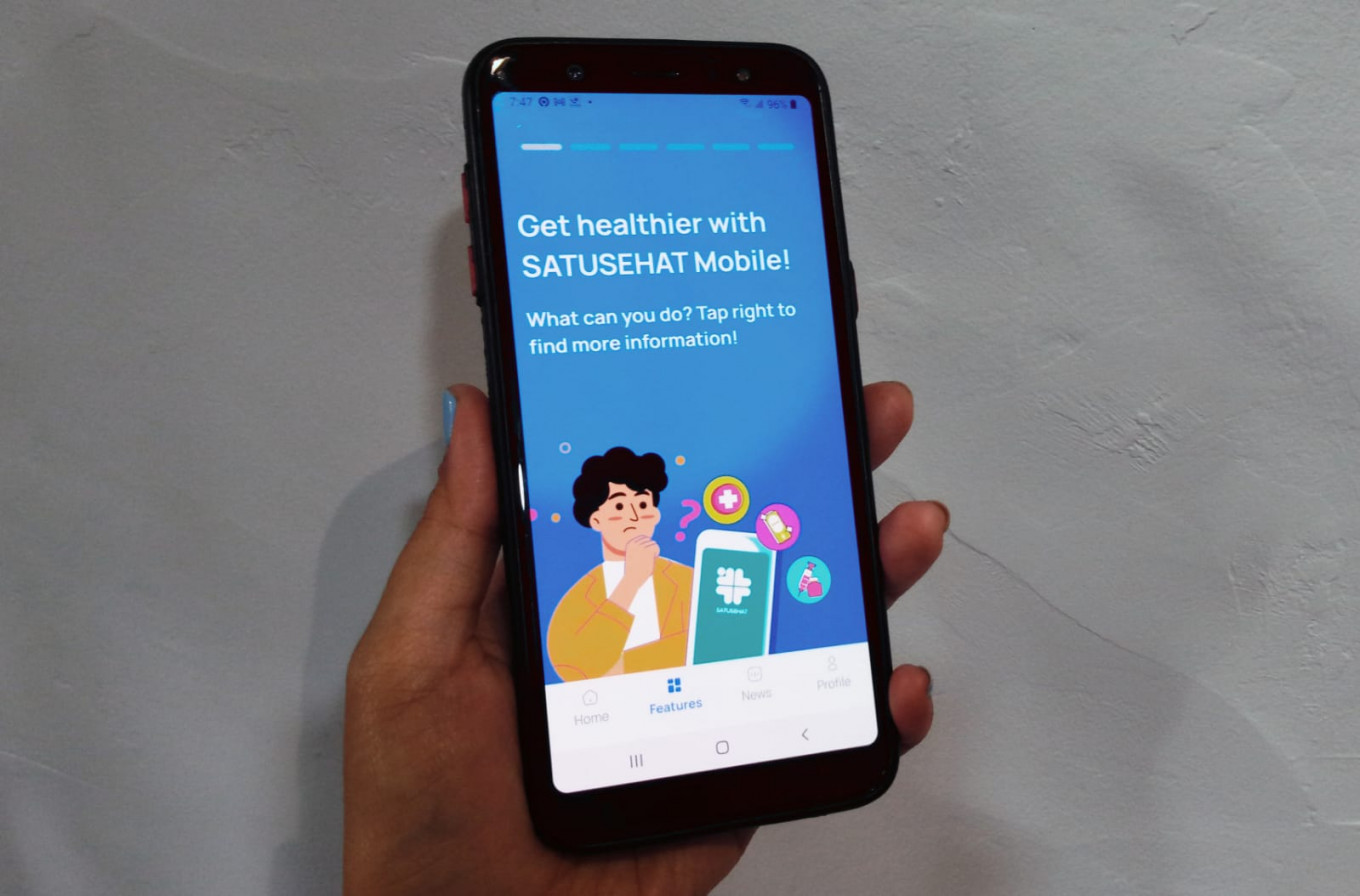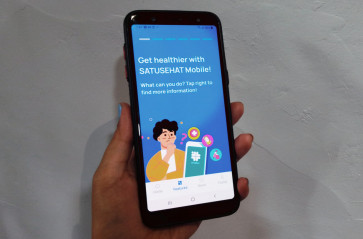Popular Reads
Top Results
Can't find what you're looking for?
View all search resultsPopular Reads
Top Results
Can't find what you're looking for?
View all search resultsNew government must advance digital transformation in health system
The availability of accurate information is now recognized as one of the key strategies to improve the capacity of the national health system and prevent future health crises.
Change text size
Gift Premium Articles
to Anyone
I
n the final presidential election debate on Feb. 4, the three candidates articulated their perspectives on health-related issues, encompassing a strengthened emphasis on preventive and promotive measures, enhanced accessibility to healthcare facilities, augmentation of the medical workforce and the modernization of health infrastructure.
However, we did not hear their commitment to transforming the national health system and optimizing digital innovation in the system.
The country’s experience in dealing with the COVID-19 pandemic shows how the national health system is overwhelmed when faced with a crisis. The capacity, which was not designed to face such a large-scale disruption, went into a state of shock as the virus spread.
That is also the case with diseases and other health problems considered a national scourge, including tuberculosis (TB), which claimed the second-highest number of lives after COVID-19 at approximately 93,000 in 2022. Meanwhile, the prevalence of stunting is still quite high at 21.4 percent, far from the target of 14 percent set for 2024.
One of the roots of this problem is the weak availability of accurate, integrated information in digital form, which can be accessed quickly by the government. This makes screening, monitoring and mitigation less than optimal, and increases the responsibilities of healthcare workers.
Learning from this pandemic experience, the government has started to pay more attention to the use of information technology in the health system. The availability of accurate information is now recognized as one of the key strategies to improve the capacity of the national health system and prevent future health crises.
Essential questions persist regarding the digitalization of the national health system, health data protection and privacy, and the digital skills of healthcare workers. These pillars are important if we want to digitally transform the national health system.


















